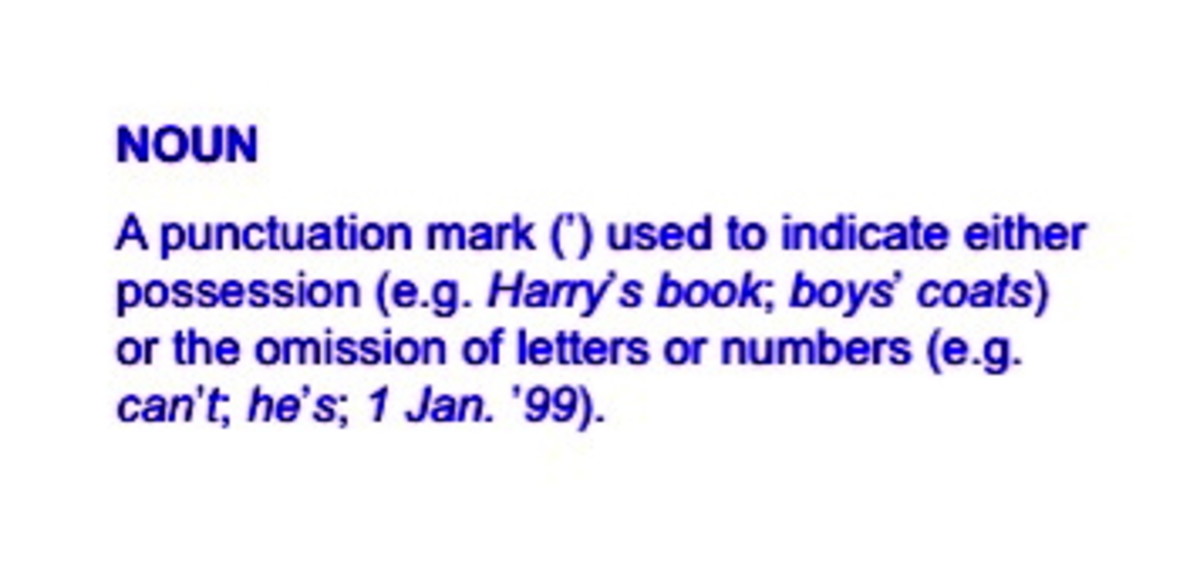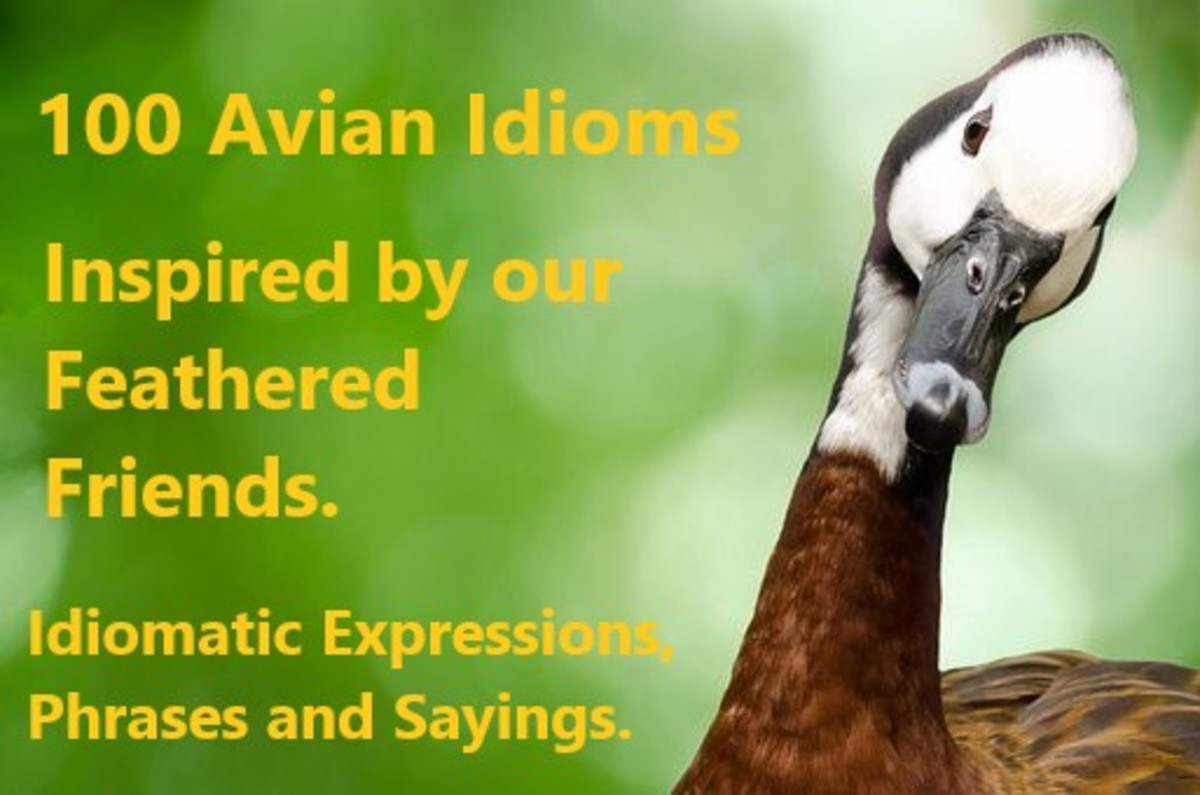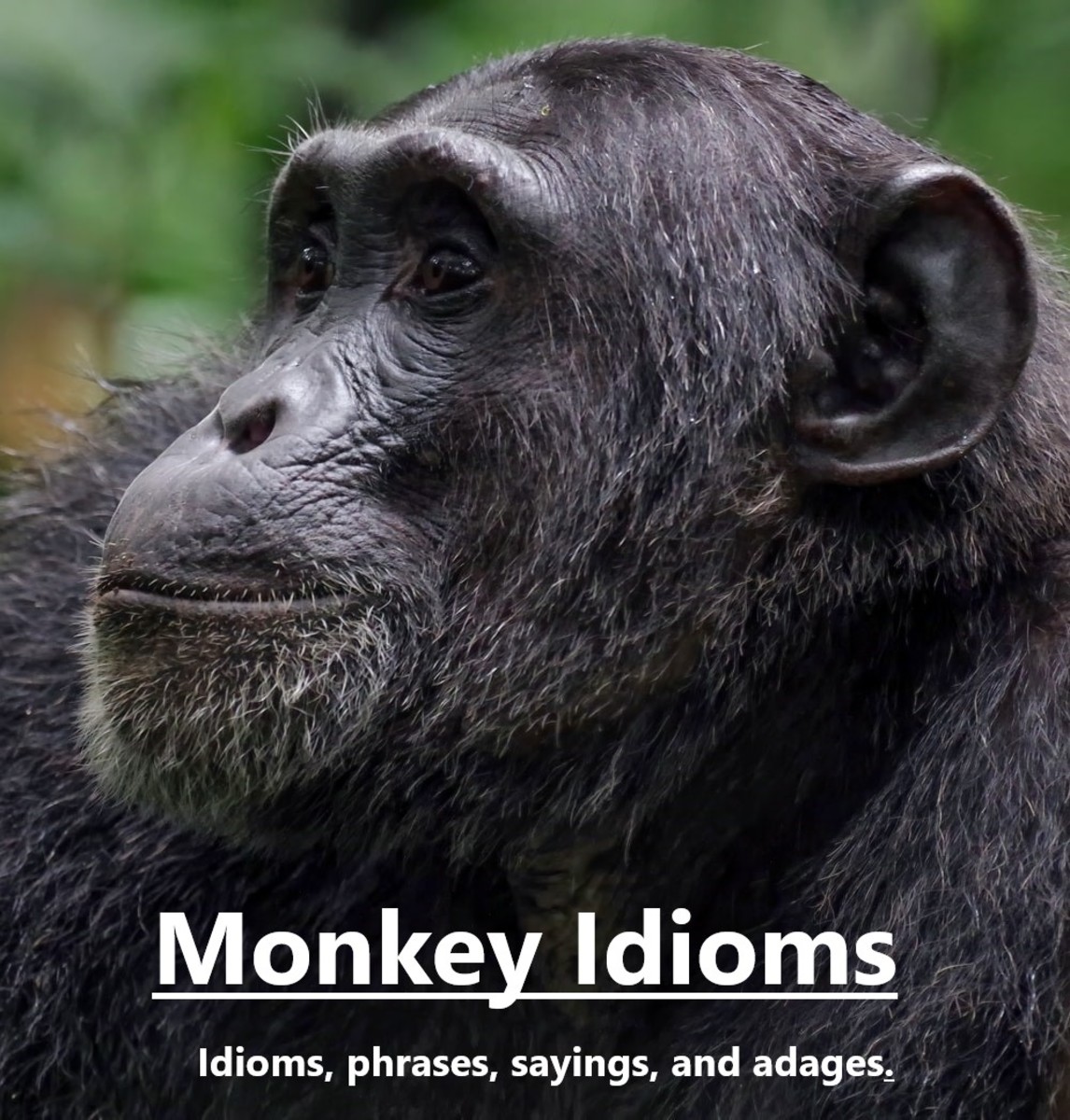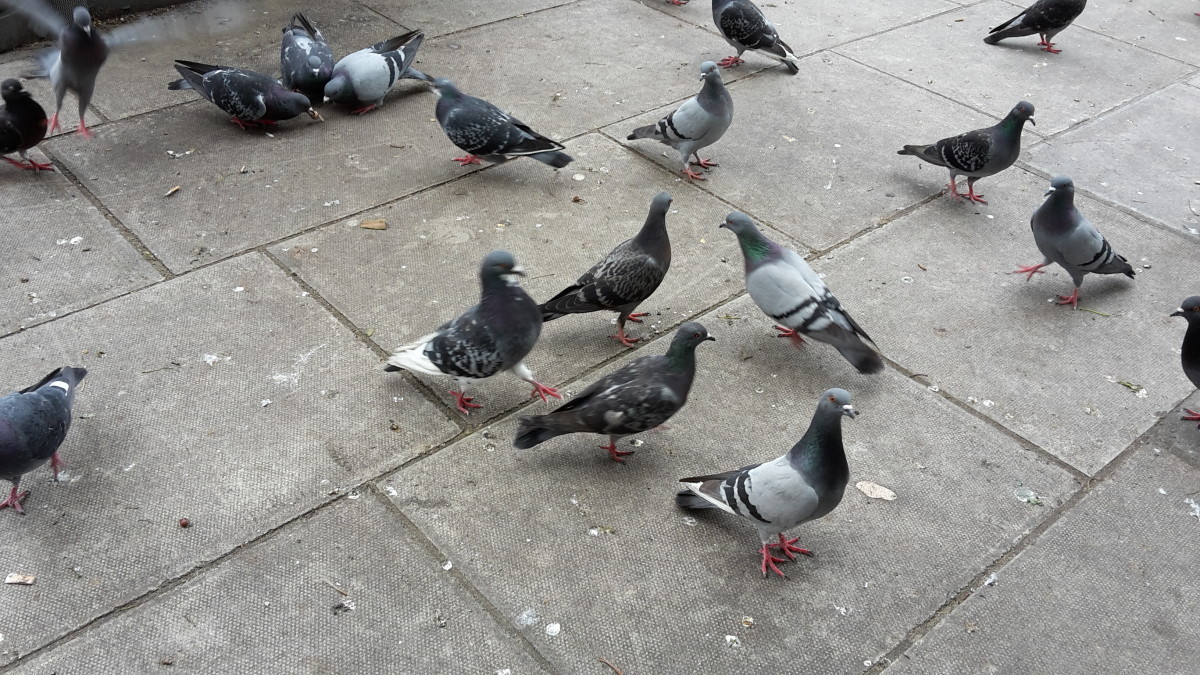Ten Common English Language Mistakes

1. I instead of Me
I've included this first because it is my all time pet peeve. This form of mistakes is known as hyper-correction - because it is essentially the result of people trying so hard to get it right that they get it wrong.
When you are talking about yourself and another person you should always put yourself last. So for example:
My husband and I like Mexican food.
The sloppy incorrect way of saying this would be:
Me and my husband like Mexican food.
Now the problem comes when people think they must always refer to themselves as I and never me. You should only refer to yourself as I when discussing yourself and another person if you would also do so when discussing only yourself. So for example:
I like Mexican food is correct not Me like Mexican food so
My husband and I like Mexican food is also correct.
However Jane bought this vase for me is correct not Jane bought this vase for I so you should say:
Jane bought this vase for my husband and me not
Jane bought this vase for my husband and I
The mistake then is to use I all the time- even when it would be correct to use me. This is largely due to a misconception that using 'me' is common and 'I' is posh. Not surprisingly this mistake is made most often by women of the middle classes. I guess the reason being is they are so desperate to sound proper that they avoid using 'me' altogether.
2. I.e instead of E.g.
Most people use these two handy abbreviations interchangeably but in fact they mean two different things. i.e means 'that is'- it's Latin. An easy way to remember it is to think I.E- In Essence. You should use it when you wish to clarify or define a point.
If you wish to give examples of something you should use e.g. An easy way to remember that would be to think EG-xample.
So the following sentence is incorrect:
I love little things,i.e, mice, birds, diamonds etc.
It should be:
I love little things, e.g., mice, birds, diamonds etc.
A misuse of e.g. would be:
It is superfluous, e.g., not necessary.
It should be:
It is superfluous,i.e., not necessary.
3. Say Literally when you mean Figuratively
Literally everyone does this nowadays. Ha. OK maybe not everyone but a lot of people say literally when they really mean figuratively. Take the following example:
That movie was so scary I literally shat my pants.
Now unless you actually really did a poop in your pants when watching the movie you mean figuratively. 'Literally' means it actually happened or it actually is that way. Nearly every time someone uses literally in this way that mean 'figuratively'.
4. Misuse of the word Irony
It would seem that not many people really understand what irony is and they misuse the word a lot. People say "That's so ironic" when really they mean, coincidental, unlikely, hypocritical, unfortunate and so on. Verbal irony means saying something but meaning something else- most often meaning the exact opposite. For instance:
"Sure I'd love to spend my only day helping you clean up your bedroom"- here the speaker really means they don't want to have to spend their free time cleaning up the bedroom- they are being ironic.
One of the most famous sources of irony is Alanis Morisette's song Isn't it Ironic where she lists a lot of allegedly ironic situations- none of which are actually ironic.
A death row pardon two minutes too late isn't ironic it's just bloody unlucky!
5. Using Quote instead of Quotation
"Quote "is a verb. In other words it is an action. To quote, I quote, she quotes, can you quote Shakespeare? and so on. "Quotation" is a noun- the name of a thing. Can you give some quotations to support your statement? This is my favorite Aristotle quotation.
Most people incorrectly use the verb 'quote' when they should use the noun 'quotation'. For example they would say:
What is your favorite inspirational quote?
It should be:
What is your favorite inspirational quotation?
6. Multiple Negation
This is a common mistake made by young people. It involves saying sentences which include two negatives. This means you are actually saying the opposite of what you want to say:
I didn't do nothing
actually means you must have done something (if you didn't do nothing).
The correct thing to say would be:
I didn't do anything
It could be argued that using multiple negation adds emphasis to the point, in this example, that the person hasn't done anything. However I doubt very much that most people who use multiple negation are using it as a dramatic tool.
Have you ever made any of these 10 mistakes?
7. Adding Unnecessary Apostrophes
People seem to love apostrophes because they throw them into words left, right and centre. An apostrophe should be used for one of two things:
1- To mark possession e.g. Charlie's book is red
2- To mark omissions in contracted words e.g. You're amazing
Any other time it is not necessary and incorrect. A famous example of the apostrophe being misused is called the Green Grocer's Apostrophe. This is when an apsotrophe is used for plural forms of nouns. The Grocers would often write on their signs, for instance, "Tomatoe's £1 a box", hence the name.
Another common apostrophe mistake is when people write '90's and '80's when referring to decades. Unless you are talking about something the '80s possessed (like bad hair dos) then you do not need an apostrophe between the 0 and the s. You can use an apostrophe at the front of the number to mark the omission of 19 (1980s) though. Interestingly my American spell checker is correcting me for NOT using an apostrophe on the numbers but like with most matters of the English Language my American spell-checker is WRONG!
A final example that people seem to get very confused about is when to put an apostrophe in its (or is it it's?). Here marking the omission trumps possession so you only use the apostrophe when you are shortening it is to it's. If you are talking about something it possesses you miss out the apostrophe. So:
It's hands were gigantic
should be:
Its hands were gigantic
The only time you can correctly use an apostrophe incorrectly is when you need to to avoid ambiguity in a sentence. If you were talking about the letter 'I' for example and wrote:
dot the i's and cross the t's that would be correct because leaving out the apostrophe would make the i's look like the word is. You then would use it for the t's as well to maintain consistency.
8. Affect or Effect
This is a tricky one and one I imagine most people have to stop and think about- or most people should stop and think about. Here goes- Affect is a verb, effect is the noun.
So you would write:
His coldness affected everyone
not
His coldness effected everyone
Most commonly the mistake is to use 'effect' all the time.
An 'effect' is the result of being affected.
His coldness had a massive effect on everyone
not
His coldness had a massive affect on eveyrone
9. Less instead of Fewer
Less and fewer mean the same thing- the opposite of more. So it's easy to see how there might be a problem. The problem is that people use the two words interchangeably they mean the same thing so why not? Even though the two words mean the same thing they have to be used with different nouns.
You use fewer when referring to count nouns and less when referring to mass nouns.
OK so a count noun is any object that can be counted- places, shopping items, people etc
A mass noun is any thing that cannot be counted- love, mess, anger.
Let's try it out. You wouldn't say "I need fewer mess" you'd say "I need less mess".
However, the problem is usually people using less when they should be using fewer.
So people would say:
"I've traveled to less places than you"
when it should be:
"I've travelled to fewer places than you"
I think the problem is that 'less' has been used so much it actually sounds more natural than 'fewer' even though 'fewer' is correct. A famous example of the less/fewer problem has been seen in British supermarkets where people complained about the signs on the express checkouts saying "Five items or less" instead of "Five items or fewer". Here the mistake is quite glaring because it actually includes a number (hence count nouns).
10. Misuse of the word Awesome
This final example is one for my American readers because I think you guys are probably more guilty of this one than the Brits. We are not happy or excitable enough to use the word as much as you guys do. Here are some examples of awesome being misused:
That turkey was awesome.
Wow you look awesome.
That is an awesome workout.
If something is awesome that means it produces in you feelings of awe. Awe means you feel overwhelmed with reverence, wonder and even fear about something. It is most appropriately used in a religious context, or interestingly about science but not really about trainers or hair styles!
Does it Really Matter?
This might seem a silly question to ask at the end of such an article but I think it is an important consideration for those of us getting over-zealous in our language judgments. One of the best things about the English language, and one of the reasons why it has been so successful as a language is that it is dynamic and adaptable. The English Language is constantly changing- it constantly borrows words from other languages as well as allowing new words to be added. Even grammar rules and spellings have been allowed to change and evolve over time. Other languages that have been more pedantic and purist have not enjoyed the widespread use that English has. With this in mind it seems that many of these common misuses of words, because they are so common, will one day become acceptable uses in the English Language.
We also need to ask ourselves what the main purpose of language is. If it is communication then so long as we all understand each other then these little mistakes don't really do any harm. When someone says my shoes are awesome I don't really think that are full of fear and reverence for them- they just think they are really nice. If someone says "I literally shat myself" I know what they mean, I don't start worrying about their bowel control.
And finally there is one thing that everyone hates more than bad grammar and that's a smart arse (or should I say ass?). Why are you getting so irate about bad grammar- is it because it really bothers you or are you just using it as a way to showcase your superior intellect? That's why my most hated mistake is hypercorrection- it is made by snobby people trying to prove they are better than the rest of us but in the end they try so hard to be superior that they end up getting it wrong. How ironic!- or wait is that irony, who knows? I saw a grammar teacher on day time TV the other day who argued that bad grammar would literally lead (and he meant literally not figuratively) to the end of civilization as we know it. I'm not convinced. What are your thoughts? Let me know.
A Language Challenge
Whenever you write a piece of writing you try to read over it and check for mistakes, typos, bad grammar and whatnot. If you are lucky you will have someone else to proof-read for you as it's virtually impossible to spot your own mistakes- especially fresh after writing it. So you can imagine my trepidation about sending an article on language mistakes to publish. Instead of spending hours proof-reading and checking it I thought I'd set you all a little challenge instead. Let's see if you can spot any mistakes I've made in this hub and be sure to let me know in the comments section. Can you imagine?- Errors in a hub about language mistakes- now that is ironic!








